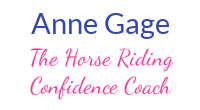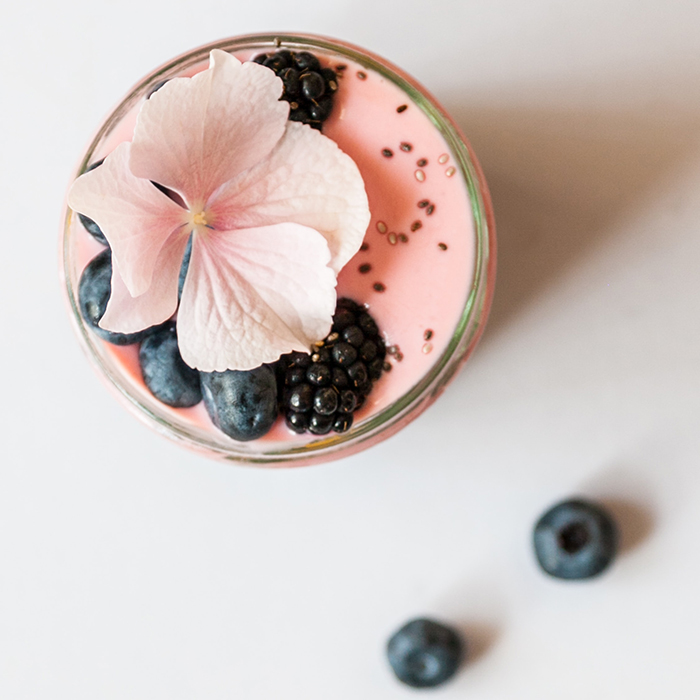Most of us don’t like uncertainty. Uncertainty makes us nervous – even frightened. When you work with horses there is often uncertainty involved. That uncertainty may be because you don’t know how something will turn out.
It may be about not knowing how your horse is going to behave in certain situations. Will he let you catch him today? Will he spook in that corner of the arena? Will he spook ‘at nothing’? Will he be calm on the trail today? What will he do when we go to the show?
Uncertainty is uncomfortable because it triggers the fight or flight centre of your brain causing fear, anxiety and even temporary mental or physical paralysis. These reactions worked well for our prehistoric ancestors who had to be wary of dangers that threatened their lives every day. I can only imagine what it would be like to come face to face with a sabre tooth tiger or a meat eating dinosaur.
But these reactions aren’t so great when they interfere with the pleasure of the activities you want to share with your horse. You miss out on so many possibilities and amazing experiences. You lose the magic of true connection and partnership.
You may have looked at other riders who never seem to be afraid and wondered if some people are born with a genetic predisposition that allows their brains to not go to that place. There may be a very small number of people who do seem to have these genes. They don’t seem to be triggered into fear as easily as the rest of us. But that is a tiny, tiny part of the population. For most of part, people are not born that way.
What most of us (including me) have to do is develop skills and practices that help us to take positive action in the face of uncertainty – despite the fear and anxiety that we feel.
That doesn’t mean that we don’t have it. We simply learn to manage it. People who are able to move through their uncertainty are able to take forward action because they turn that uncertainty into curiousity and creative thinking. They ask better questions and are able to solve problems.
Horses don’t behave randomly. There is always a reason for what they do. It may be a learned response that needs to be “un-learned”. It may be a natural response to a noise we don’t hear or a movement we don’t see. It may even be a response to a subtle shift in your energy, your position in the saddle or posture on the ground.
When you become curious about your horse’s behaviour, you gain a better understanding of him and of his perception of the world. You begin to see with certainty what causes his behaviour and then you can take actions to change it. You can be pro-active instead of reactive.
So how do you become curious and ask better questions? You start by staying in the moment. That means you stop creating stories about what is going to happen. You know that future thinking you do where you predict what is going to happen before it happens. Things like – “he’s going to spook in that corner and he’ll bolt and then I’ll fall off and break something and end up laid up for weeks. OMG – I won’t be able to work or look after the kids. …..” STOP!
But, if you became curious and creative about the same situation your thinking would be more like this – “I know he doesn’t like that corner. I wonder how I can help him deal with it better? I could hand walk him around the arena until we both feel calm. I need to remember to breathe and keep the tension out of my body. I could lunge him in that corner. I could ask my coach (or another competent rider) to ride him so I can see how they handle it and if he gets tense with them or maybe it’s my tension affecting him. Maybe we just have a pattern about getting tense in that corner. ….”
Did you notice how your body felt as your read those 2 different examples? If not, read them again and pay attention to any physical reactions.
When you give your brain a problem to solve, that’s what it focuses on. It can’t focus on 2 thoughts at the same time. And your brain doesn’t know the difference between what is real and what you are making up. So, when you focus on asking better questions your brain focuses on finding the answers and it cannot focus on anything else. And, as you focus on solving the problem, your uncertainty decreases and you are able to take forward moving actions.
The more you do that, the more your confidence increases.
So, start asking better questions. Then share your results in the comments below.
If you want to work with me live and in person to learn more strategies and techniques for increasing your confidence, improving your horse’s behaviour and building a stronger partnership with your horse, visit my website or contact me about hosting a clinic or workshop at your location.
Enjoy the ride.
My book is now available! “Confident Rider, Confident Horse: Build Your Confidence While Improving Your Partnership with Your Horse from the Ground to the Saddle”. Click here to order.
Interested in organizing a clinic at your location? Contact me!
Let’s spread the word about a better way to work with horses. Share this blog with 3 friends, send a Tweet or post a link on your Facebook page. The horses thank you.
You’re welcome to use this article in your newsletter or blog as long as you include my credit information: ~ Written by Anne Gage, Confident Horsemanship (www.annegage.com).
I would also appreciate it if you’d send me a copy for my media files.
Anne Gage ~ Confident Horsemanship
www.annegage.com
www.facebook.com/ConfidentHorsemanshp
Facebook Group – Confident Horsemanship Community
www.twitter.com/AnneGage


Beautiful. It’s great how you weave in the inner work with the more concrete outer work. Sharing with a friend of mine who loves horses!
Thank you. : ) Horses do teach us many life skills – if we are ready to listen and learn from them.
Enjoy the journey.